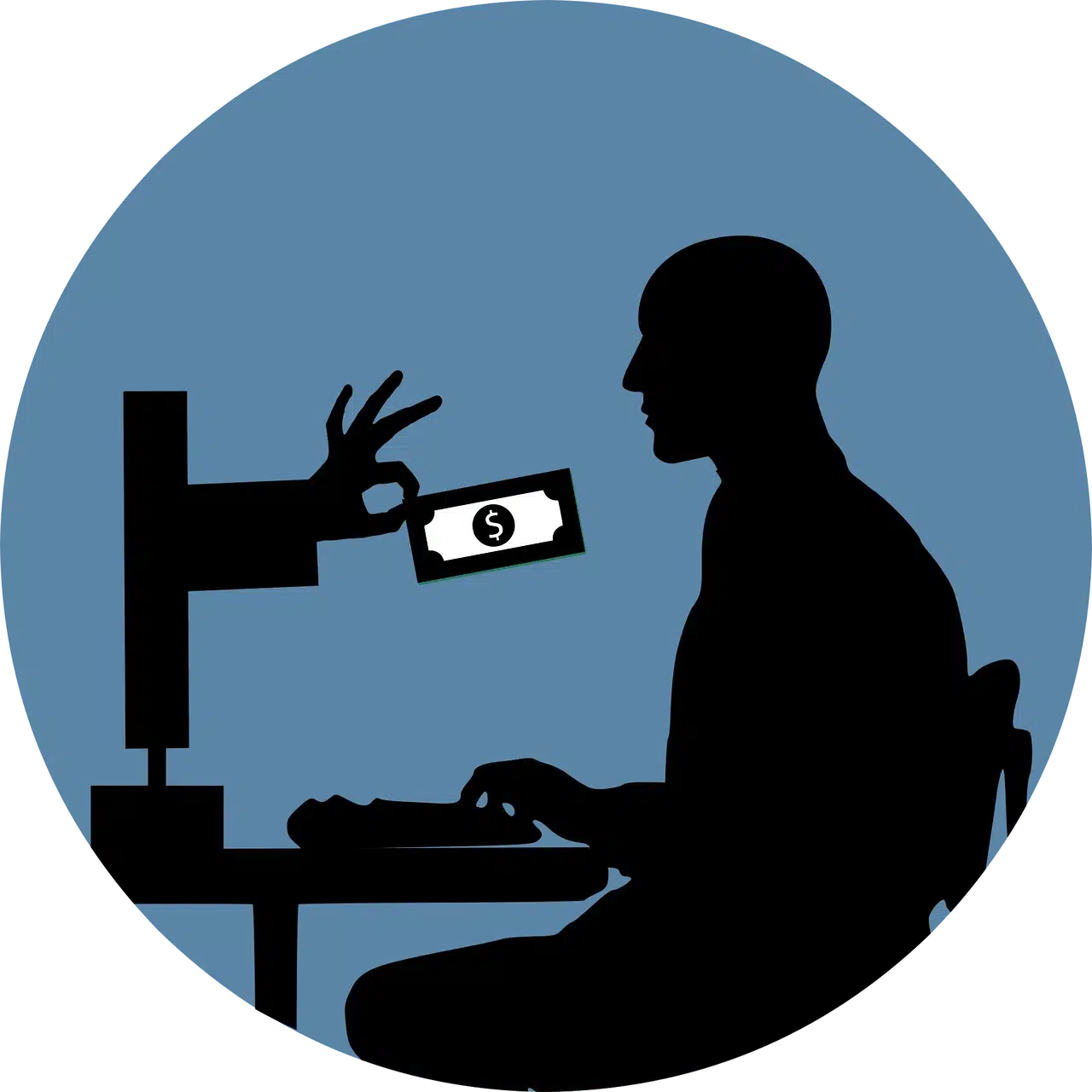We All Want To Break Free: The Lesser-Known Strategies for Debt Relief

Are you feeling overwhelmed by mounting debts and don’t know where to turn? You’re not alone. Millions of Americans are in the same boat, looking for effective ways to manage their debts and regain financial freedom. But did you know there are several lesser-known debt relief options that can help you navigate this challenging journey? Well, you’re in luck today because we’ll provide you with the knowledge you need to make informed decisions about your financial future.
Getting a Grip on Your Finances
If you’re worried about how to get out of debt, the first step is understanding your financial situation. A budget is a roadmap to plan your finances and keep track of where your money goes. It will help you see where you spend your money and how you might spend money differently. To make a budget, you need to identify your income and expenses, and then adjust your spending habits to meet your financial goals.
Communicating with Your Creditors
If you’re behind on your bills, don’t wait to call the creditors you owe money to. Do it before a debt collector gets involved. Tell your creditors what’s going on, and try to work out a new payment plan with lower payments you can manage. Be careful about sharing your personal or financial information, especially if you’re not already familiar with the collector.
Understanding Debt Collection
A collector has to give you “validation information” about the debt. They either have to do that during the collector’s first phone call with you or in writing within five days after first contacting you. You also can get a collector to stop contacting you, at any time, by sending a letter by mail asking for contact to stop.
Dealing with Mortgage Debt
Contact your lender immediately if you’re struggling with mortgage payments. Most lenders will work with you if they believe you’re acting in good faith and your situation is temporary. Your lender might be willing to modify your loan, refinance your mortgage, or offer forbearance.
Navigating Student Loan Debt
If you have federal loans (government loans), the Department of Education has different programs that could help. With private student loans, you typically have fewer options, especially when it comes to loan forgiveness or cancellation. To explore your options, contact your loan servicer directly.
Managing Credit Card Debt
Talk with your credit card company, even if you’ve been turned down before for a lower interest rate or other help with your debt. Your goal is to work out a modified payment plan that lowers your payments to a level you can manage.
Exploring Debt Consolidation
Debt consolidation is a way of consolidating all of your debts into a single loan with one monthly payment. Some of these loans require you to put up your home as collateral. If you can’t make the payments — or if your payments are late — you could lose your home.
Considering Bankruptcy
People who file for personal bankruptcy get a discharge — a court order that says they don’t have to repay certain debts. Bankruptcy is generally considered your last option because of its long-term negative impact on your credit.
Tailoring Solutions to Your Financial Needs
Debt relief is a complex process, and it’s crucial to understand all your options before making a decision. Remember, there’s no one-size-fits-all solution, and what works for one person may not work for another. Always do your research, seek professional advice, and choose the path that best fits your unique financial situation.






